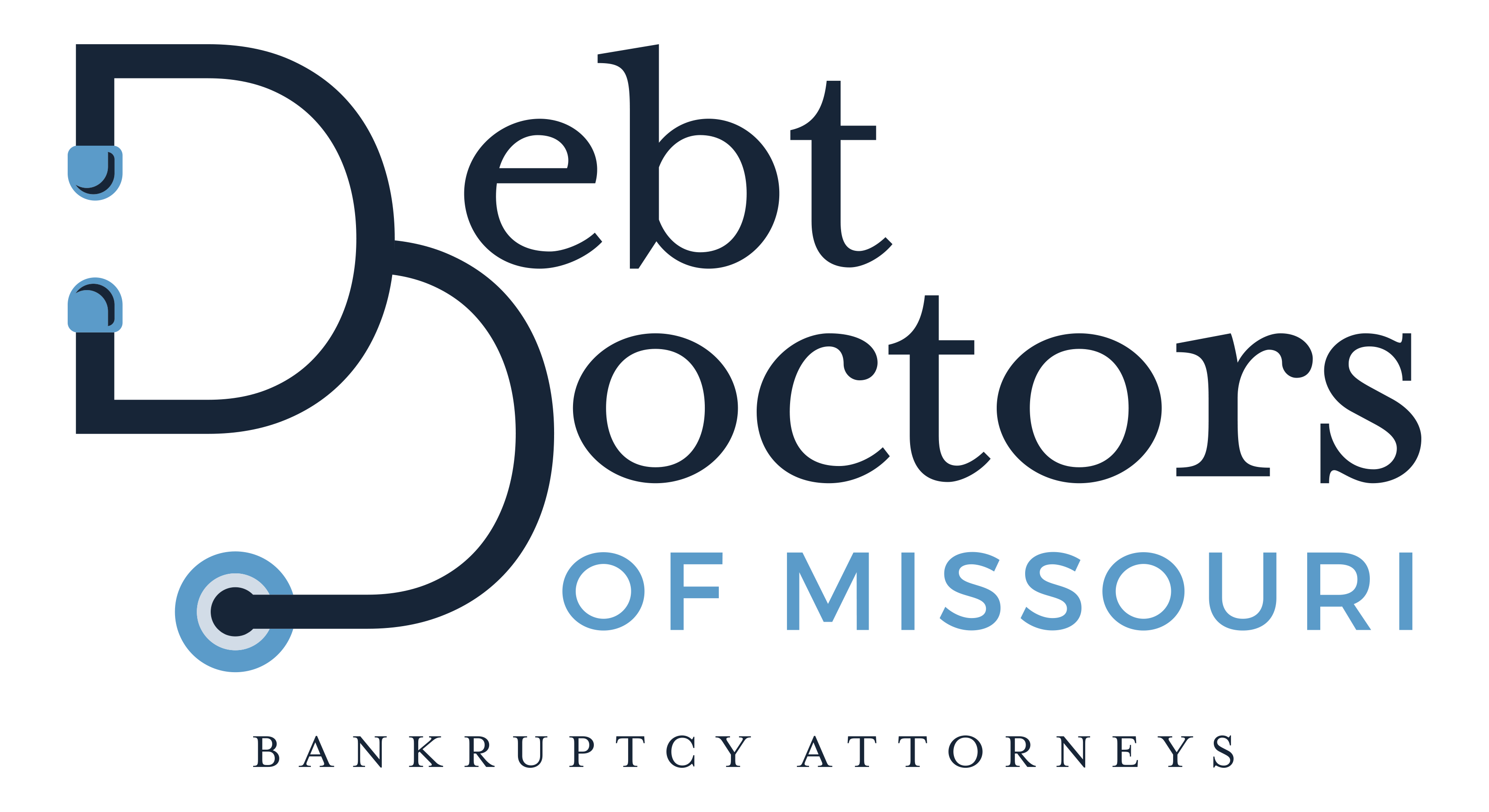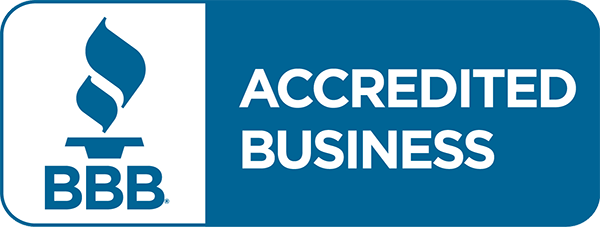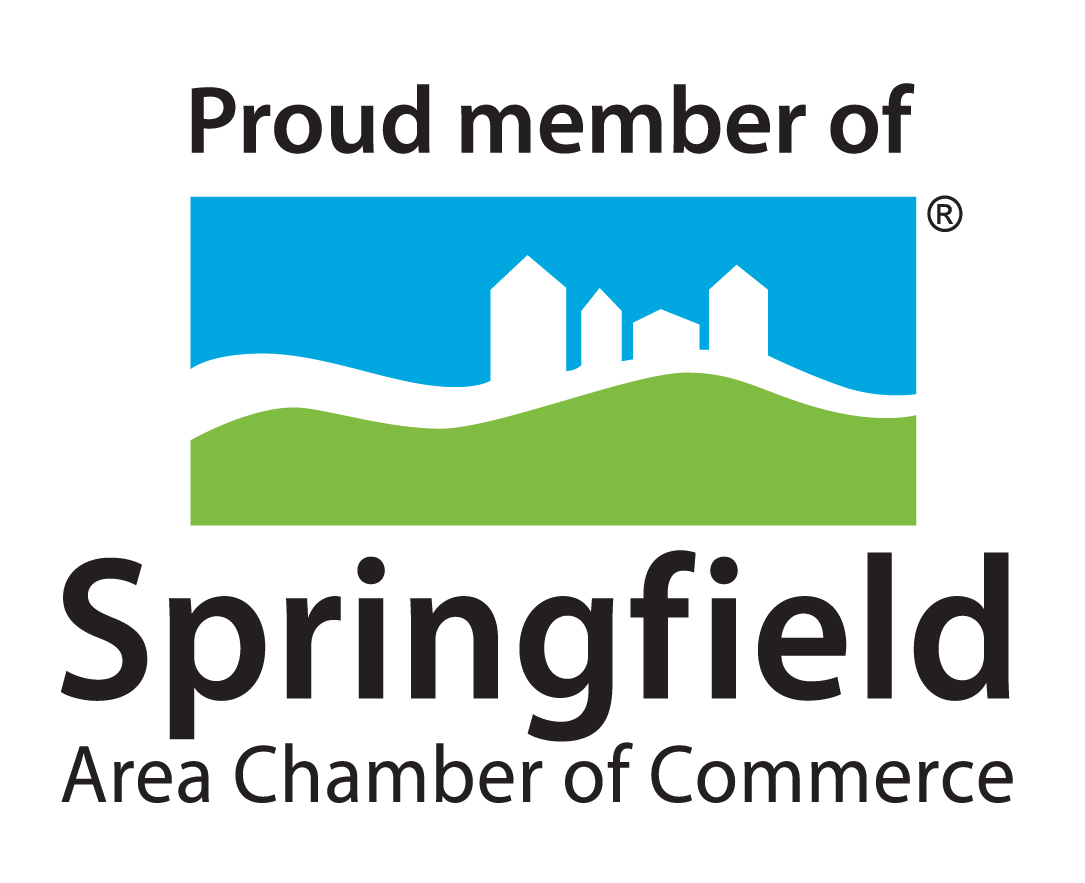Having a high income doesn't mean that you can’t file for bankruptcy. However, your income can sometimes affect your eligibility for Chapter 7 bankruptcy. Whether you file for Chapter 7 or chapter 13, bankruptcy depends on several factors, including your income, your overall debts and the number of people in your household.
Debt Doctors of Missouri only handles bankruptcy claims, so we know the law. Our extensive experience in resolving even the most complex cases can smooth the way for a bankruptcy filing. We understand how stressful and frustrating it can be to have unpaid bills and obligations you cannot meet. Contact our team at (417) 466-3328 to discuss your legal options on moving forward.
Bankruptcy Offers You a Means to Get Back on Your Feet
Individuals and couples with high incomes can get into financial trouble, too. That's why you can still file for bankruptcy if your debts significantly outweigh your means to pay. Missouri has one of the highest bankruptcy rates in the United States, ranking 14th in 2017 for the highest number of bankruptcy filings. Your ability to file a particular chapter will depend on your deductible expenses in addition to your income.
Filing for Chapter 7 Bankruptcy
Most people filing for bankruptcy want to file for Chapter 7 because it wipes out most unsecured debt, like credit cards, utilities, and medical bills, without requiring monthly payments to creditors for three to five years. However, not everyone passes its requirements. If intending to file for Chapter 7, you must pass a two-step means test, which is possible, even if you make considerable money.
Explaining the Means Test
The means test is a two-step process. The first part asks if your family income is less than the median family income in Missouri. Bankruptcy courts use U.S. Census data to determine median income. If your income is less than the median, you automatically qualify for Chapter 7. High-income individuals can pass the first portion if supporting a significant number of people because family size is one of the most important factors in the means test.
If you don't pass the first portion, you may still be able to pass the second part of the means test. The second looks at your income after subtracting certain expenses. If your disposable income is insufficient to fund a Chapter 13 repayment plan, you'll qualify for Chapter 7 bankruptcy.
Deductible expenses include:
- Mortgage or rent
- Vehicles and transportation
- Food and utility bills
- Childcare
- Mandatory payroll deductions
- Life insurance premiums
- Tithing
What If I Don't Qualify for Chapter 7?
Most individuals who don't qualify for Chapter 7 can still file for Chapter 13. In some cases, this filing may be preferable for your situation, even if you do qualify for Chapter 7.
If you have any of these circumstances, Chapter 13 may be a better option:
- You must save a home from foreclosure or a car from repossession
- You need time to pay debts that won't get wiped out in bankruptcy
- You want to discharge obligations under a marital property settlement
- You want to rid yourself of debt related to security violations
What is the Major Difference Between Chapter 7 and Chapter 13?
Chapter 7 allows debtors to discharge unsecured debts like credit cards, personal loans, and medical debt. Chapter 13 will enable you to catch up on unsecured debts like your home while also discharging some unsecured debt through a court-approved payment plan that generally lasts about five years.
Is Bankruptcy the Right Solution for You?
If you're wondering if filing for bankruptcy will be the best solution for your debt, contact our legal experts to discuss your case with one of our experienced attorneys. Call our office at (417) 466-3328 to schedule your free consultation to be on your way to financial stability.




